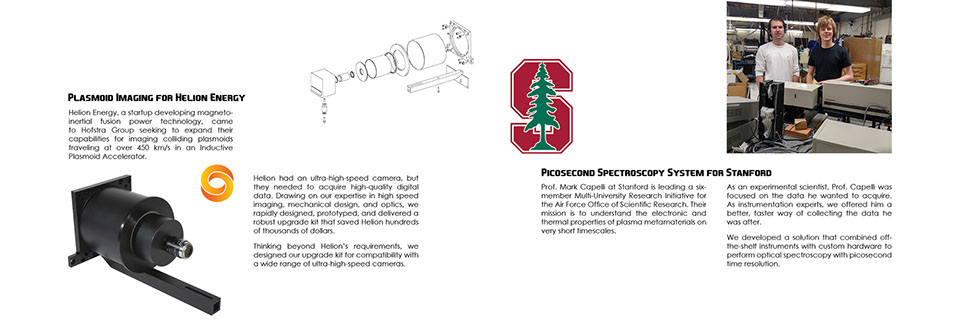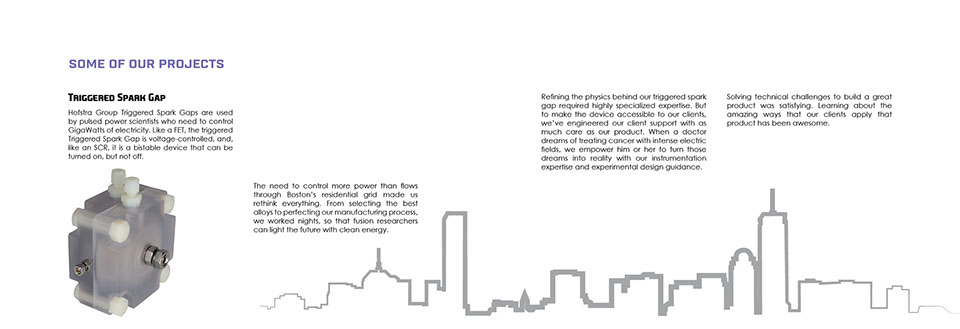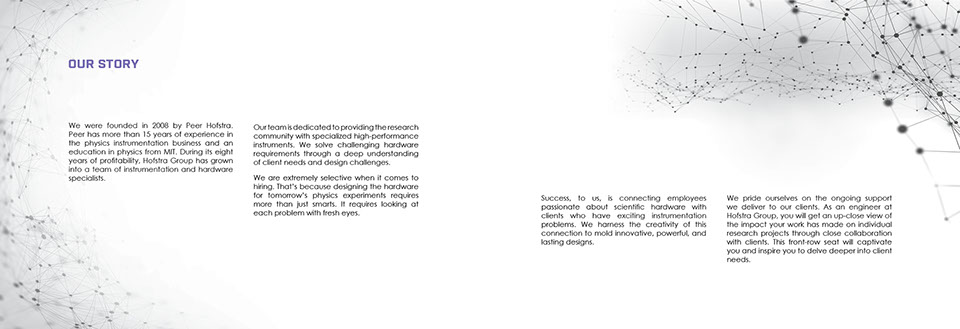We don't have any open positions at the moment, but this is the place to watch for them.
Our application process is very simple. First of all, don't worry about the resume or the cover letter. Instead, complete a written technical challenge representative of the kinds of questions you'll be tackling on the job. If you enjoy working through the problems and do well, you will be invited to an on-site interview in our Boston office, where you will get to know us, we will get to know you, and you'll get to solve some hands-on problems.
If these 2 steps go well, we will make you an offer.
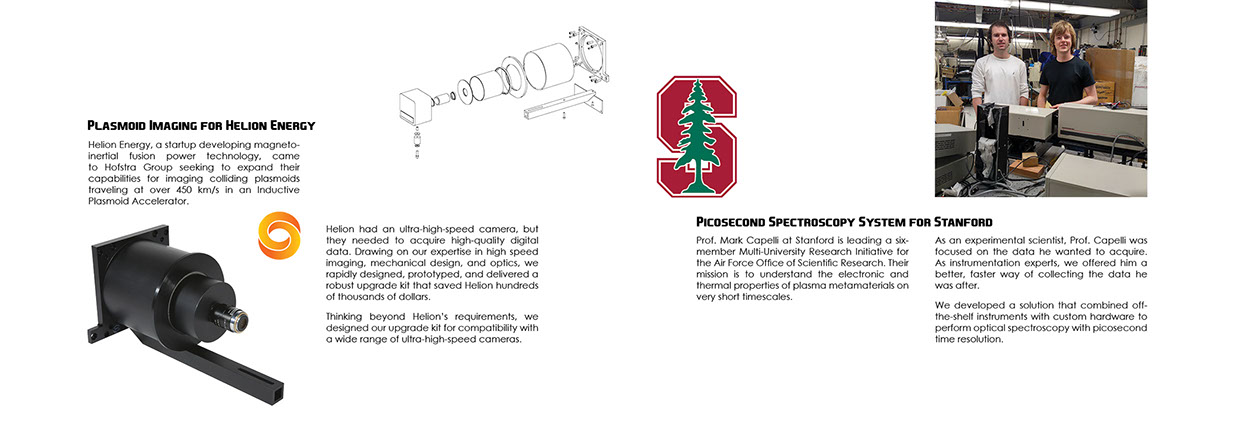
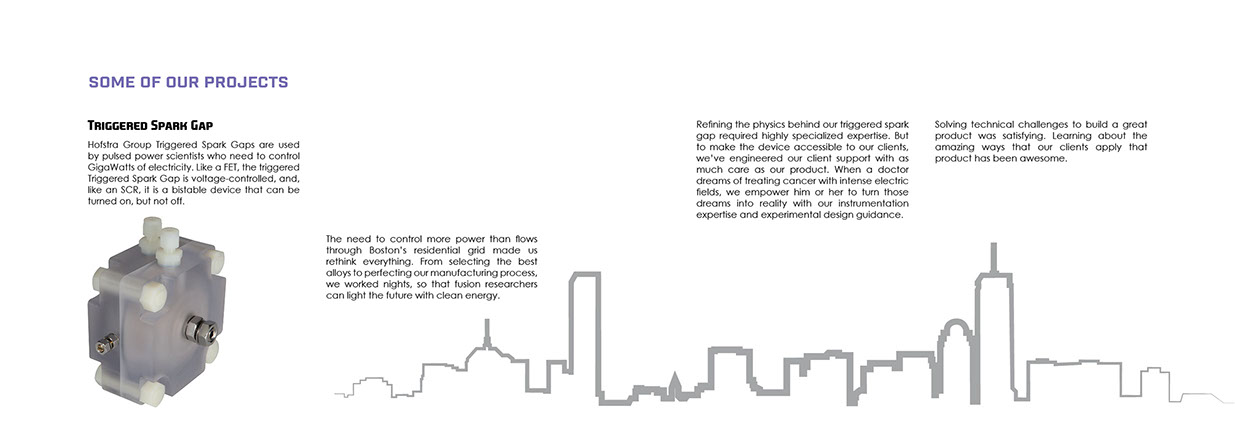
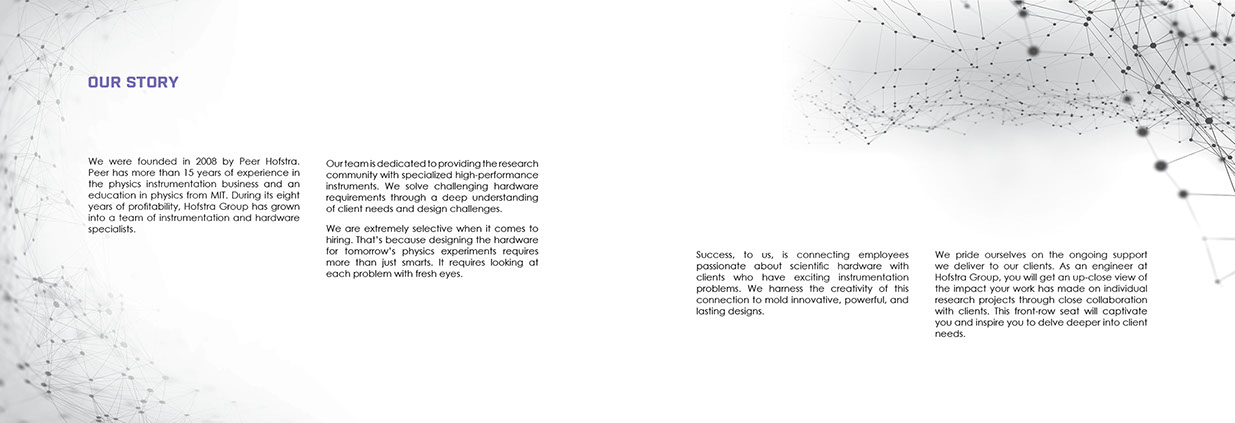
<
>
CONTACT
JOIN US
ABOUT US

